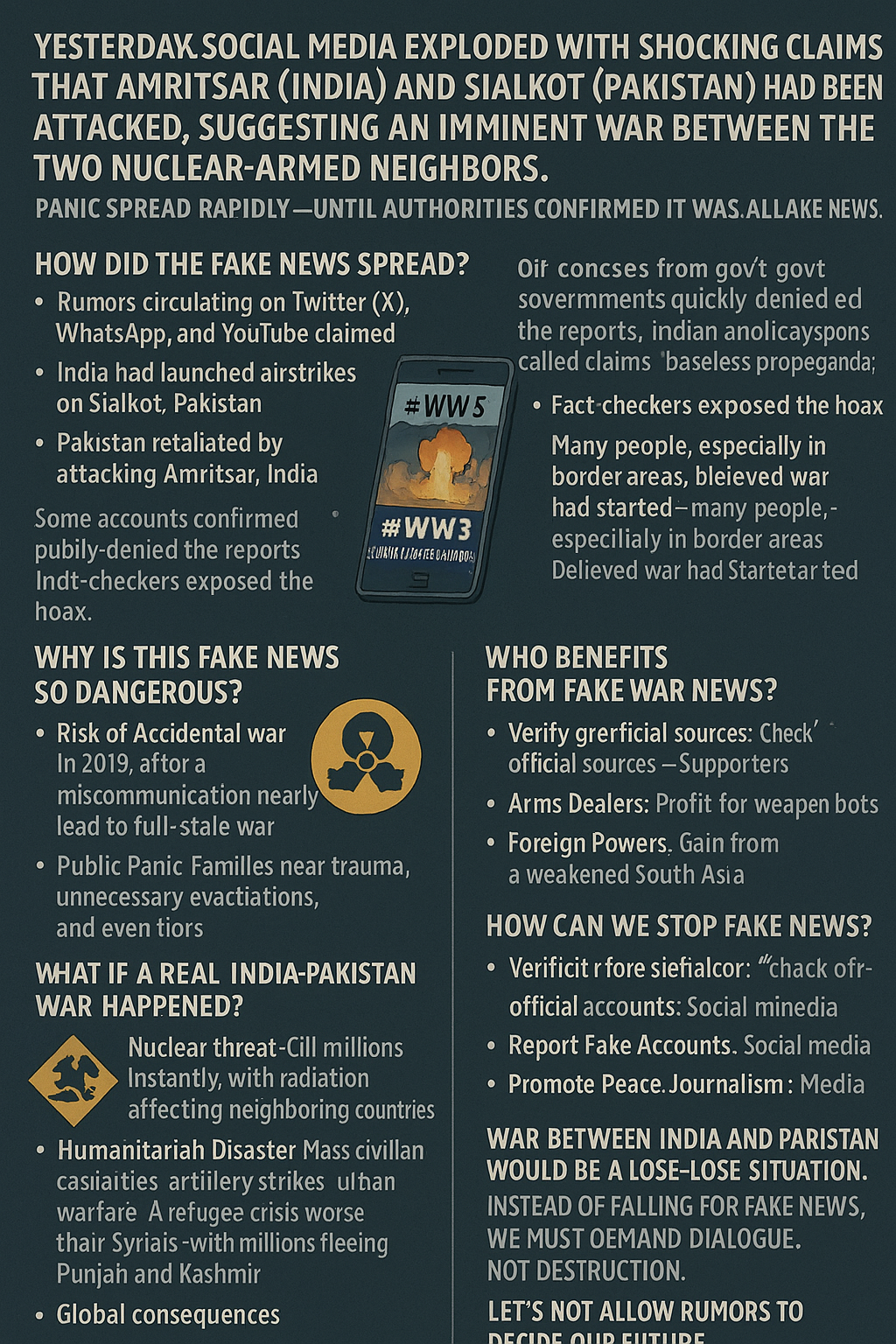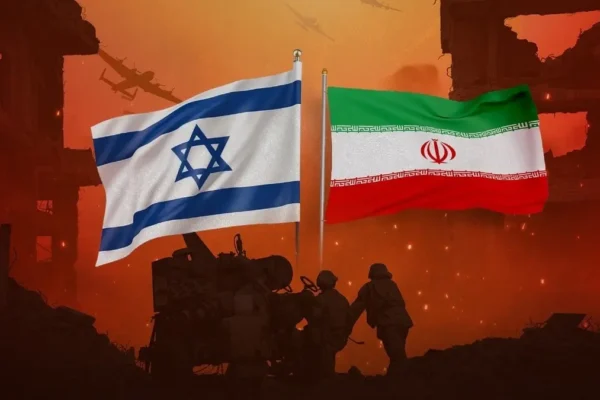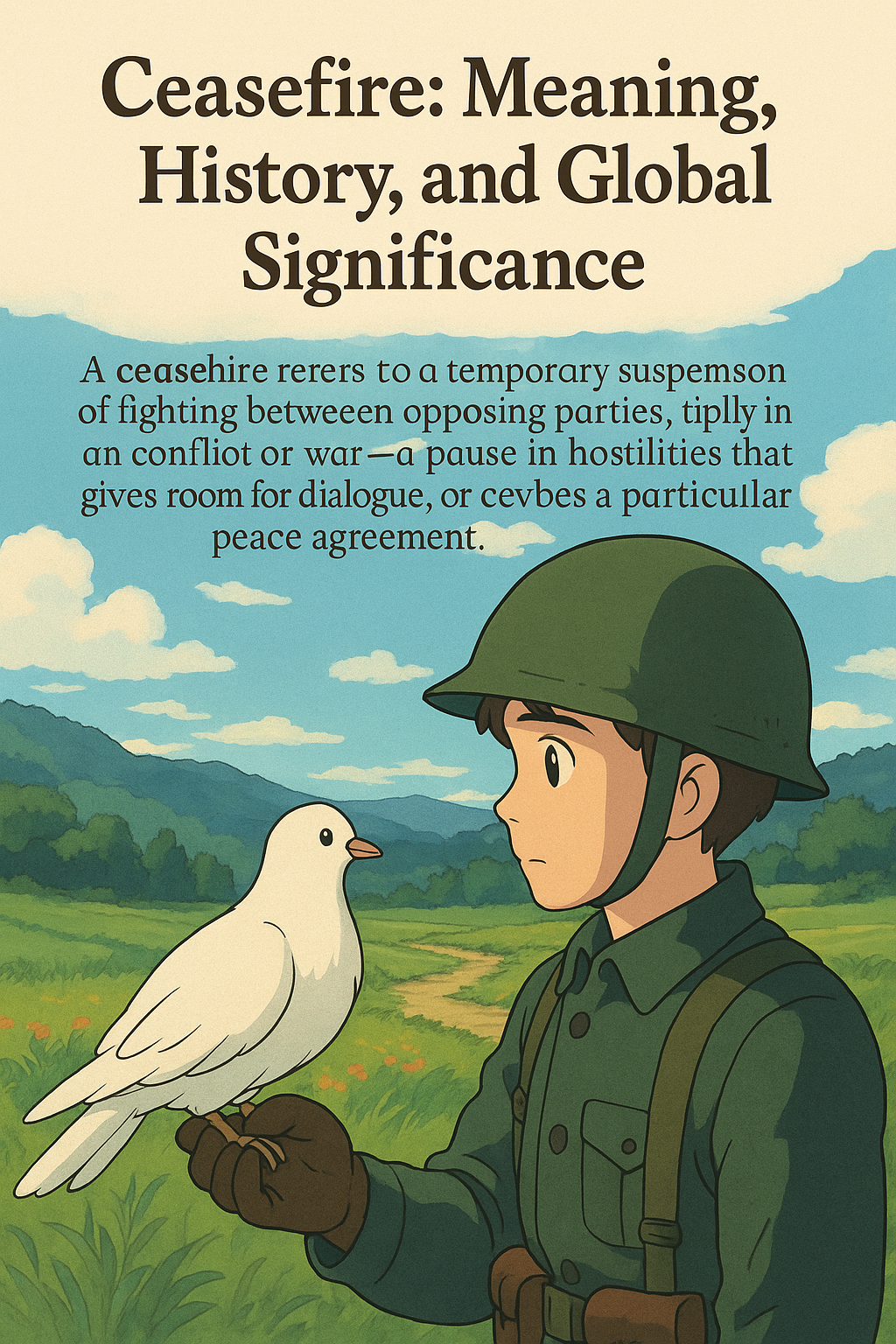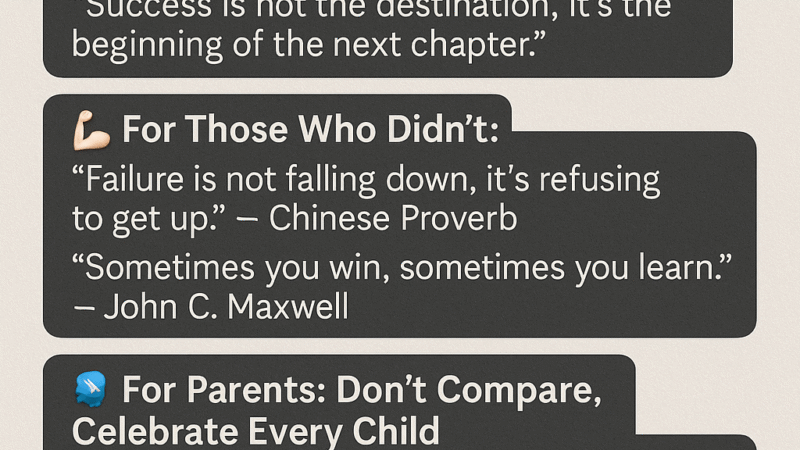Yesterday, social media exploded with shocking claims that Amritsar (India) and Sialkot (Pakistan) had been attacked, suggesting an imminent war between the two nuclear-armed neighbors. Panic spread rapidly—until authorities confirmed it was all fake news.
This incident highlights how quickly misinformation can escalate tensions in one of the world’s most volatile regions. Let’s break down what happened, why it’s dangerous, and what real war would mean for India, Pakistan, and the world.
How Did the Fake News Spread?
Rumors began circulating on Twitter (X), Whats App, and YouTube, claiming:
India had launched airstrikes on Sialkot, Pakistan.
Pakistan retaliated by attacking Amritsar, India.
Some accounts even shared old videos of explosions, passing them off as new attacks. Within hours, the hashtags #WWW and #IndiaPakistanWar were trending.
Fortunately, official sources from both governments quickly denied the reports. Indian and Pakistani military spokespersons called the claims “baseless propaganda,” and fact-checkers exposed the hoax.
But the damage was done—many people, especially in border areas, believed war had started.
Why Is This Fake News So Dangerous?
India and Pakistan have a long history of conflict, and fake news can trigger real consequences:
Risk of Accidental War – In 2019, after the Pulwama attack, a single miscommunication nearly led to full-scale war. Fake reports like yesterday’s could push militaries into rash actions.
Public Panic – Families near the border live in constant fear. False alarms cause trauma, unnecessary evacuations, and even riots.
Propaganda Warfare – Some groups (state-backed or extremist) spread fake news to justify aggression or fuel hatred.
What If a Real India-Pakistan War Happened?
If tensions ever escalate into full-blown war, the consequences would be catastrophic:
1. Nuclear Threat
Both nations have atomic weapons and missiles capable of hitting major cities (Delhi, Lahore, Mumbai, Karachi).
Even a “limited” nuclear exchange could kill millions instantly, with radiation affecting neighboring countries.
2. Humanitarian Disaster
Mass civilian casualties from bombings, artillery strikes, and urban warfare.
A refugee crisis worse than Syria’s, with millions fleeing Punjab and Kashmir.
3. Economic Collapse
Global sanctions would cripple both economies.
Trade shutdowns (including China-Pakistan and India-US deals) would trigger a worldwide recession.
4. Global Consequences
US & China could get dragged in, turning a regional war into a global standoff.
Terrorist groups like LeT or Jaish may exploit the chaos, leading to more attacks.
Who Benefits from Fake War News?
Extremist Groups – They use fear to recruit supporters.
Arms Dealers – War means profit for weapons manufacturers.
Foreign Powers – Some nations gain from a weakened South Asia.
How Can We Stop Fake News?
Verify Before Sharing – Check official sources (government/military statements).
Report Fake Accounts – Social media platforms must suspend propaganda bots.
Promote Peace Journalism – Media should avoid sensationalism.
Conclusion: Peace Is the Only Solution
War between India and Pakistan would be a lose-lose situation. Instead of falling for fake news, we must demand dialogue, not destruction.
Let’s not allow rumors to decide our future.








